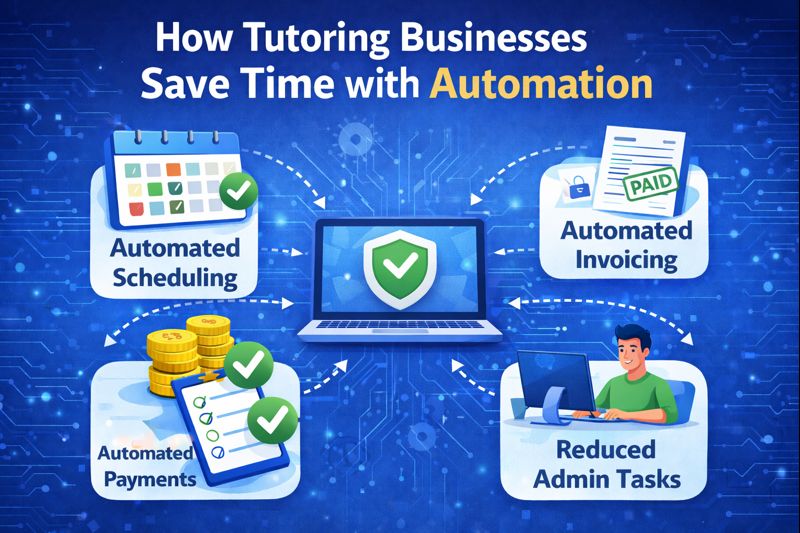Reducing no-shows for live sessions is crucial yet challenging for any online teaching, training, or tutoring business. High no-show rates lead to more drop-offs, lower conversions, and ultimately reduced sales. Additionally, they result in wasted time and resources, as instructors must be available for scheduled demos that don’t happen. The financial impact includes lost revenue, higher customer acquisition costs, and inefficient use of resources. Operational inefficiencies arise from demotivated instructors, scheduling gaps, and increased administrative burden due to rescheduling efforts.
Furthermore, frequent no-shows can negatively affect your brand image, skew data analytics, and lead to missed opportunities for building customer relationships. They also pose a competitive disadvantage and complicate strategic planning and scaling efforts. Overall, addressing no-shows is vital for maintaining operational efficiency, financial health, and customer satisfaction in your online tutoring business.
Here are five effective strategies to reduce no-shows in your demo sessions:
1. Automated and Personalized Reminders to reduce No-Shows

Use a tutor scheduling tools such as Calendly or Acuity Scheduling to send automated reminders via email and SMS. Personalize these reminders with the attendee’s name and the specific benefits of the upcoming demo session.
Tutor management software such as Wise have inbuilt notifications and reminders that go via Email and Whatsapp. Sending reminders over Email or Whatsapp reduces no-shows significantly. Best practice is to send these reminders 24 hours and 1 hour before the session.
This approach keeps the session top-of-mind for parents and increases engagement, making attendance more likely.
2. Incentivize Attendance

Offer a small incentive for attending the demo session, such as a discount on the first month of tutoring, a free educational resource, or entry into a raffle for a gift card. Providing a tangible reason for parents to prioritize attending adds value to the demo session, making it more appealing. Learn more about gamifying sessions here.
There can also be an academic incentive. Share a challenging yet interesting puzzle prior to the demo. And tell them the solution will explained during the demo.
3. Engage Parents with Pre-Demo Content

Send engaging pre-demo materials like a short video introduction, a success story, or an overview of what the demo will cover and how it benefits their child. This strategy builds anticipation and interest in the demo, showing the value of the session and preparing parents for what to expect.
4. Flexible Scheduling Options to re-engage No-shows

Offer multiple time slots and the ability to easily reschedule if parents can’t make their original appointment. Tools like HubSpot CRM or Salesforce can help manage and automate this process.
Many LMS tools such as Wise and Moodle will give an option to parents or students to reschedule the session from within the LMS itself.
Accommodating busy schedules reduces the likelihood of conflicts and makes it easier for parents to find a convenient time, increasing the chances of attendance. Additionally, you get to know of cancellations or rescheduling before had, there by, reducing last minute changes for you and your instructors.
5. Follow-Up Confirmation Calls

Have a team member personally call parents to confirm their attendance a day before the session. Use this opportunity to answer any questions and emphasize the benefits of the demo. This personal touch makes parents feel valued and more committed, while also providing an opportunity to address any concerns or obstacles that might prevent attendance.
Implementing these strategies to reduce no-shows in your demo sessions offers significant advantages. Increased attendance leads to higher conversion rates, directly boosting revenue and optimizing the use of resources and instructors’ time. This improved efficiency lowers customer acquisition costs and enhances operational productivity. Additionally, maintaining consistent attendance positively impacts your brand image, provides more accurate data for informed decision-making, and fosters better customer relationships. Overall, reducing no-shows contributes to a more streamlined, profitable, and customer-centric online tutoring business.




